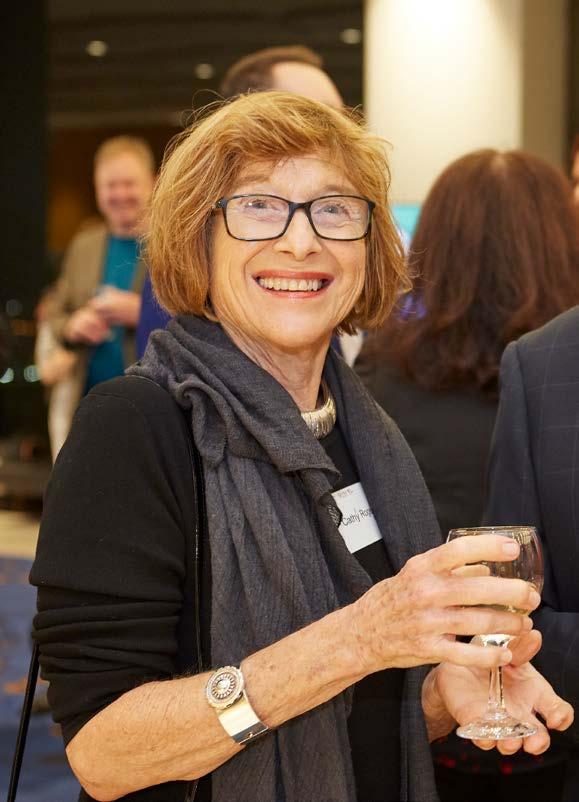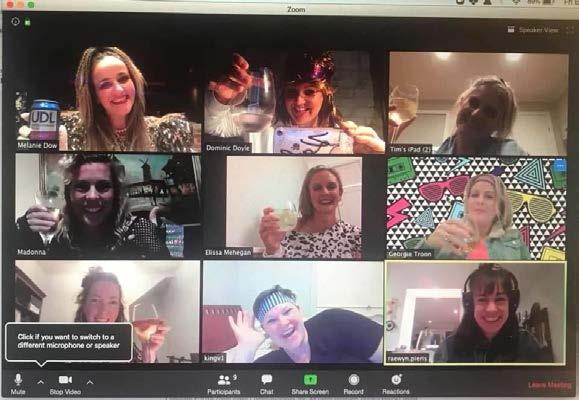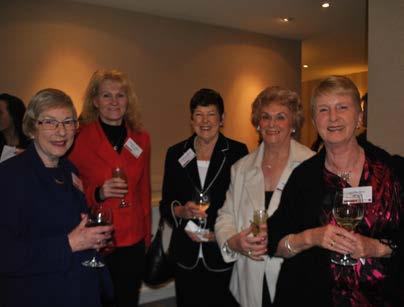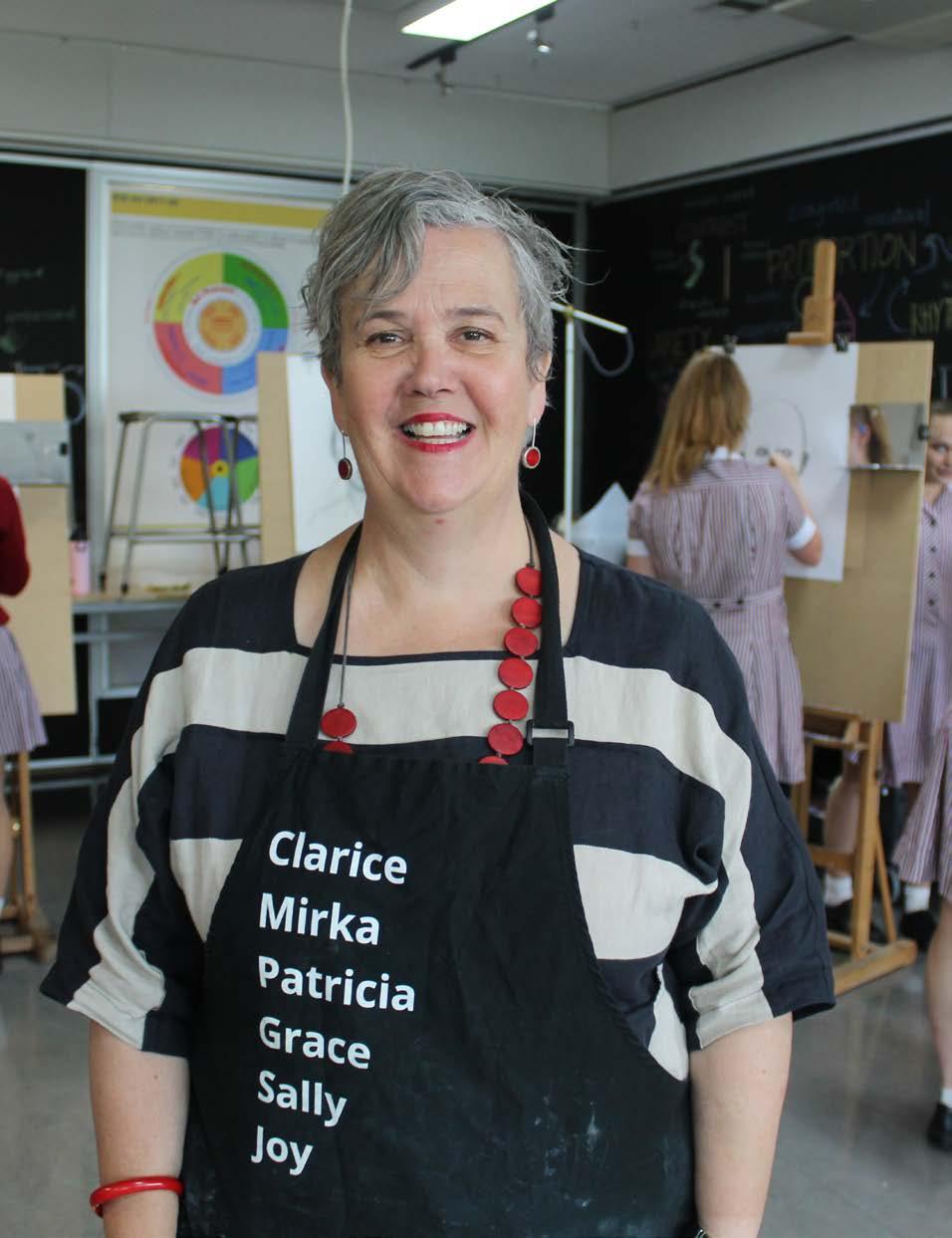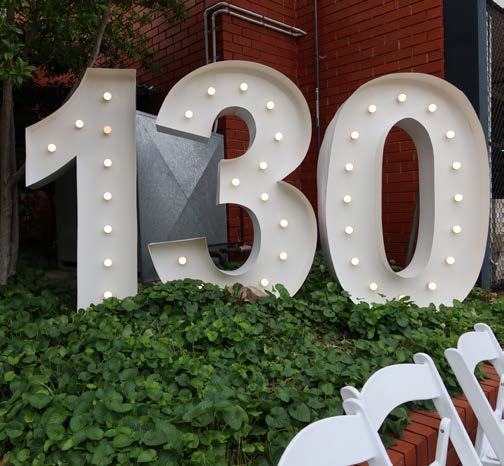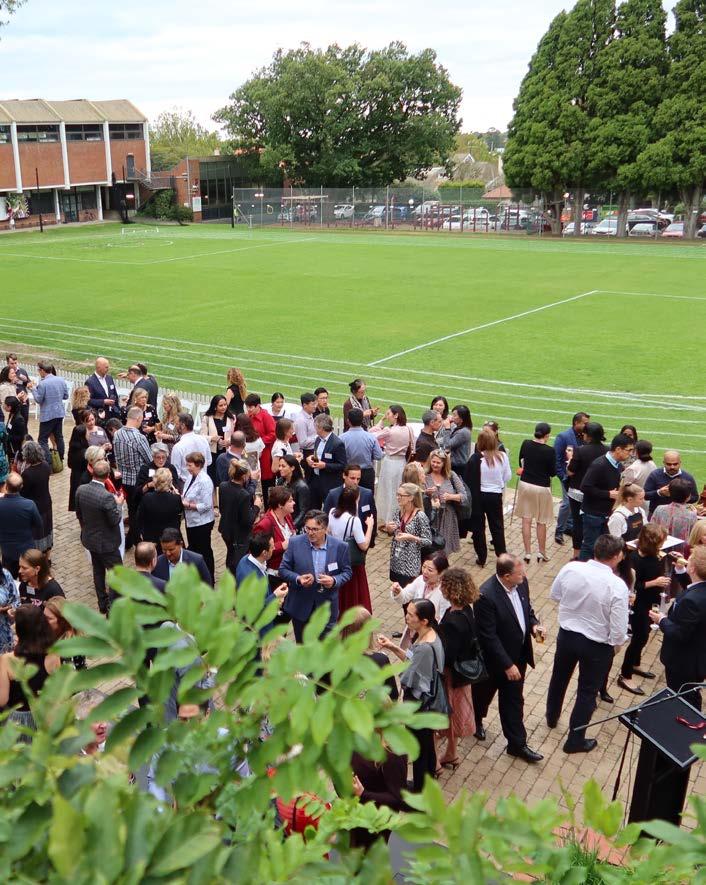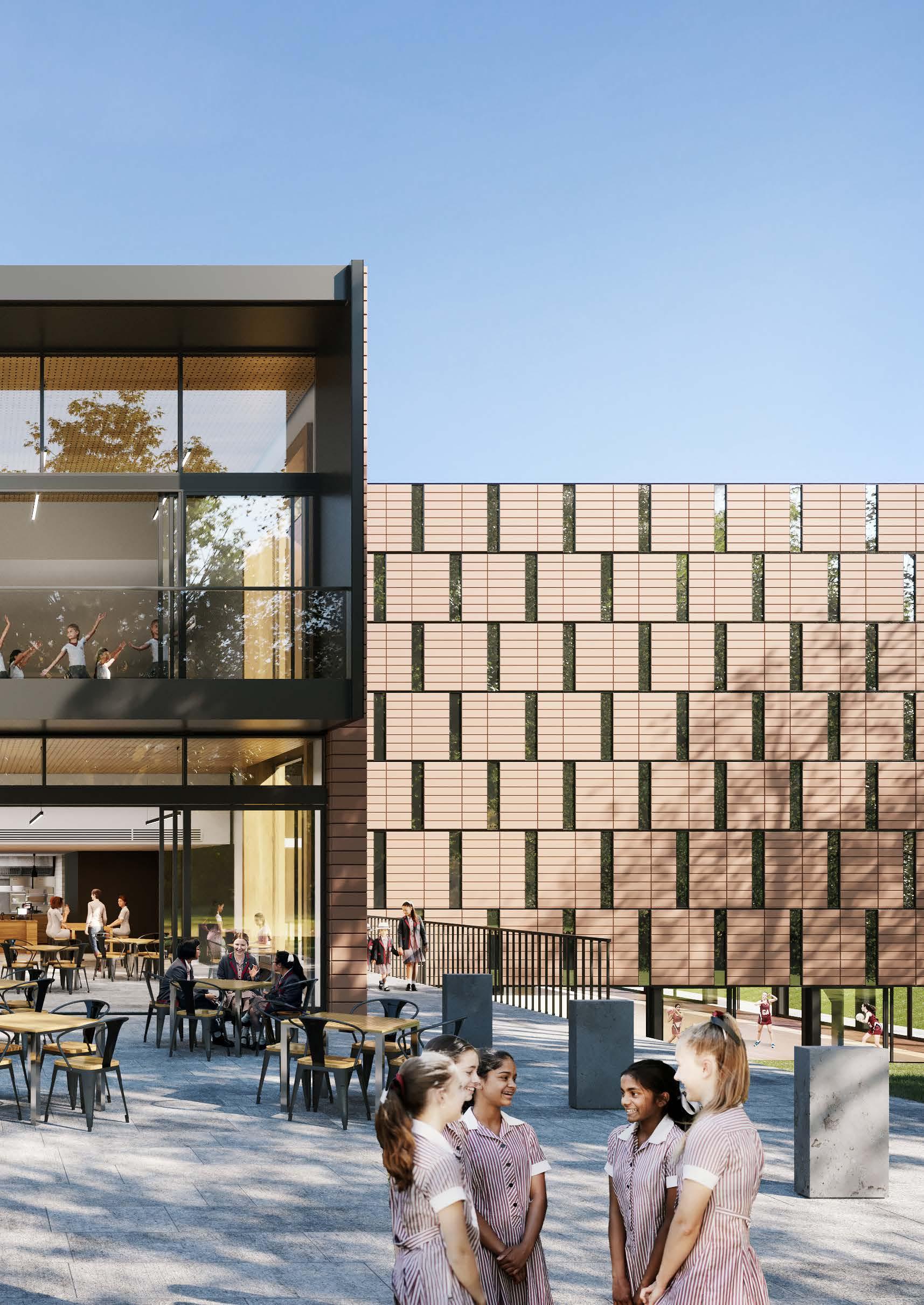
2 minute read
Our Families - In this together
Our families
In this together
Advertisement
Janine Coombs (Skyes, Class of 1983) working as a Case and Contact Management Officer.
We talk to two parents from our Community about what it is like on the frontline of the COVID-19 pandemic. Janine Coombs (Sykes, Class of 1983) current parent and Korovian, is working as a Case and Contact Management Officer with the Department of Health and Human Services. On secondment from her work as a nurse at Cabrini Hospital in Malvern, she is helping trace coronavirus outbreaks as they occur – a role the DHHS says is “an essential public health tool for controlling infectious disease outbreaks”.
Janine says that once a case has been confirmed, the person is called for an interview. “At this point, I have so many questions trying to pinpoint where the virus was contracted. These can be intrusive and personal. We need to determine the date of transmission, first symptoms, people they met, period of time together, transport used… and any other close contacts such as family,” Janine explains. From here, Janine and the team of contact tracing detectives put the pieces together and provide ongoing support and information; she says each case may have a hundred or more close contacts. If transmission has occurred at a workplace, Janine must speak to the employer. “We are very conscious of the impact of any closure,” she says. “Each person affects the train of transmission,” she says. “Only by educating the community can we help stop the spread of this virus.”
For the past 15 years, Thananda Hau, a current parent, has worked as a Medical Laboratory Scientist in the microbiology department at Monash Health Pathology. She has experienced many changes in the world of infectious diseases, but none with the disruptive global impact of COVID-19. While doctors and nurses are visible at the forefront of the pandemic, laboratory scientists are tirelessly working behind the scenes.
Thananda explains “the importance of testing in the battle against COVID-19 cannot be overstated. Although the swabbing process may seem more than a little unpleasant, getting tested helps keep track of the virus to keep our families and community safe.” Once the sample reaches the laboratory, medical scientists perform molecular assays utilising Polymerase Chain Reaction (PCR) technology to detect the novel coronavirus. In response to the enormous increase in workload, they now provide around-the-clock diagnostic testing. Life as a microbiology medical scientist is ever changing. Daily life consists of investigating a variety of infectious diseases caused by bacteria and viruses, using advanced technology. The COVID-19 pandemic has in some ways been a chance to come out from behind the scenes and show the world how important this work is!

We applaud and appreciate the work of our amazing health workers on the frontline, as they continue the fight against this deadly disease.

